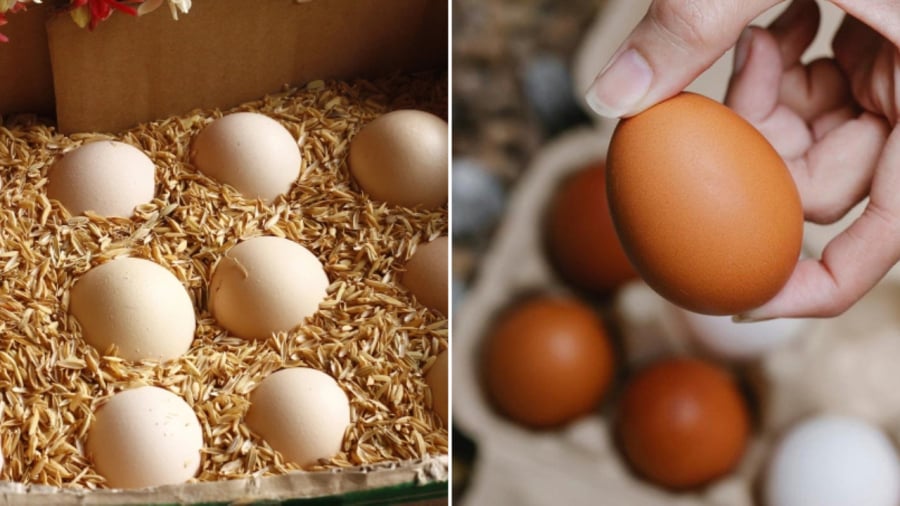While many households nowadays opt to store their eggs in the refrigerator, there are alternative methods to keep them fresh without the need for refrigeration. Explore the following techniques to prolong the freshness of your eggs.
Selecting Fresh Eggs
To extend the shelf life of eggs, it’s crucial to start with fresh ones. When choosing eggs, look for intact shells with no cracks. Eggs with a natural white coating on the shell are considered fresher, and this coating also helps preserve their quality over time. Additionally, you can gently shake the egg to check the consistency of the egg white and yolk. If the egg is silent, indicating a solid interior, it’s likely fresh. Older eggs will have looser whites and may create a sloshing sound due to increased internal space.
Egg Storage Without Refrigeration
Maintain the eggs’ natural protective coating by avoiding washing them with water. Washing eggs removes their protective layer, making them more susceptible to spoilage. Only refrigerate eggs if they have been washed. If the eggs appear dirty, wipe them with a damp cloth instead of washing them.
- Coat Eggshells with Vegetable Oil
Apply a thin layer of vegetable oil to the eggshells. The oil creates a barrier, sealing the pores on the shell and preventing air and bacteria from penetrating. Allow the eggs to dry naturally, then store them in a box in a cool, dry place away from direct sunlight. This method can keep eggs fresh for 2-3 weeks.
- Preserve Eggs in Sand or Husk
In the past, before refrigerators were common, people often buried eggs in dry husks, sand, sawdust, or ash to extend their freshness. Isolating the eggs from external air slows oxidation and maintains stable moisture levels, preventing spoilage. Use a clean container and spread a layer of dry husks, sawdust, or ash on the bottom. Place the eggs on top, ensuring the larger end is facing up to prevent the yolk from sticking to the shell over time. Add additional layers of eggs and dry material, repeating the process. Store the container in a cool, dry place. This traditional method can keep eggs fresh for a month.

- Use Limewater for Long-Term Storage
Create a preservative solution by mixing lime powder with water and allowing it to settle. Decant the clear limewater and submerge the eggs in a glass container, ensuring they are fully covered. Store the container in a cool, dry place, away from direct sunlight. This method can keep eggs edible for up to six months.
Alternatively, create a 5% limewater solution and briefly soak the eggs for a few minutes. Remove and air-dry the eggs, then store them in a dry container in a cool, dry place. This approach can preserve eggs for 3-4 months.
Important Considerations for Egg Storage
Avoid storing eggs in humid, high-temperature environments as this accelerates spoilage. Label the egg carton with the purchase date for easy reference. Keep eggs away from strongly scented foods like garlic and onions to prevent flavor transfer.
Now you have a repertoire of egg preservation techniques that don’t rely on refrigeration. Remember to bookmark this page for future reference!

































